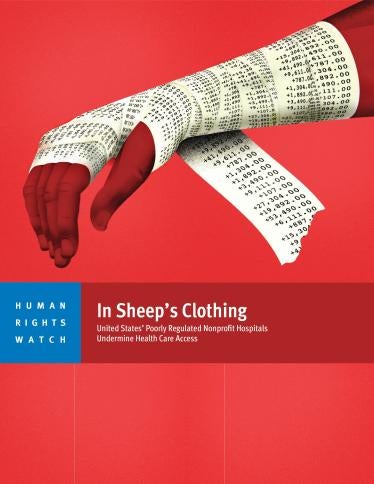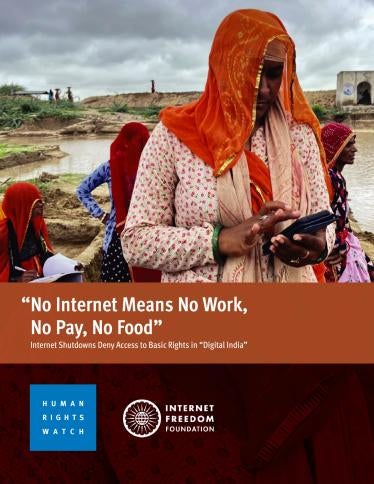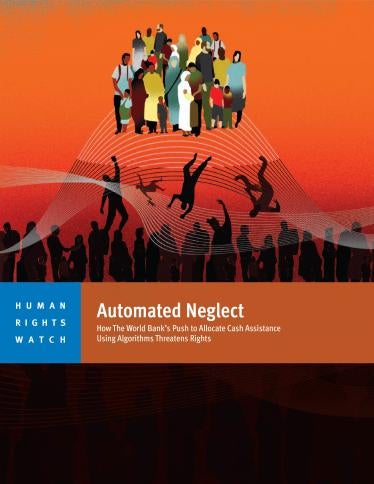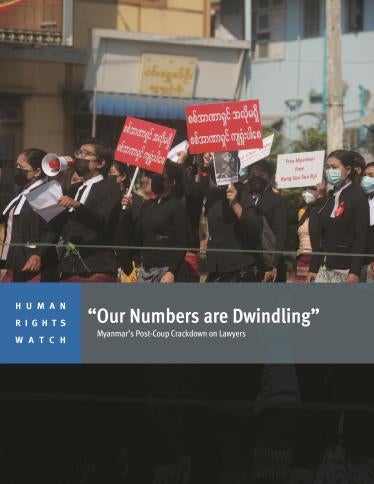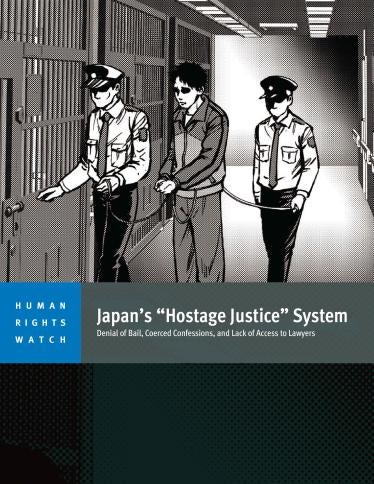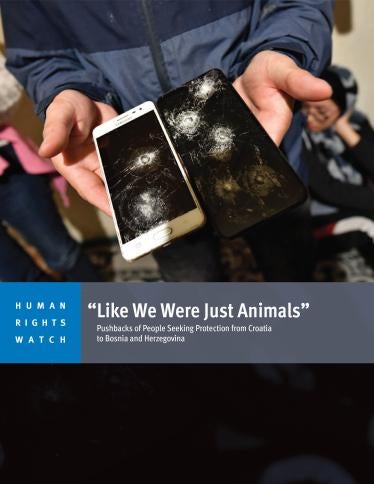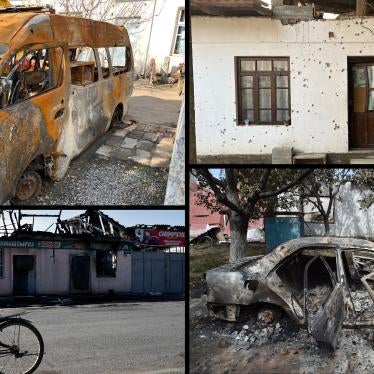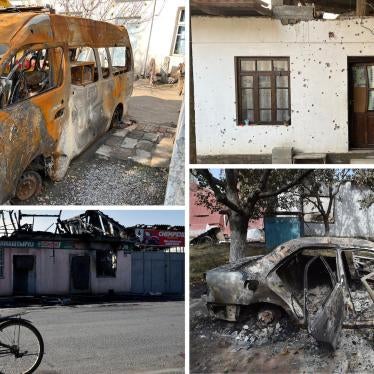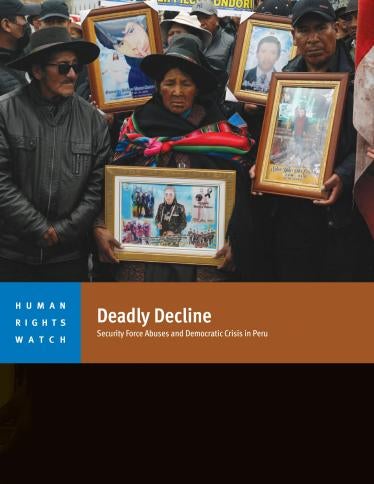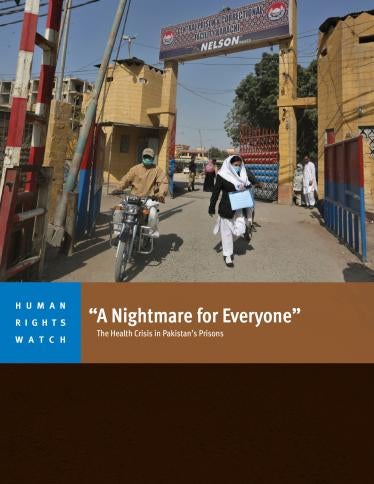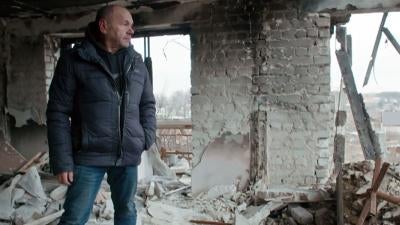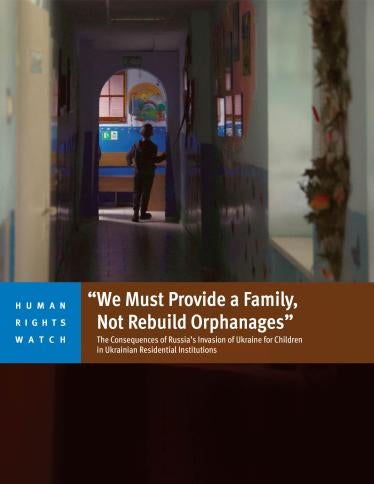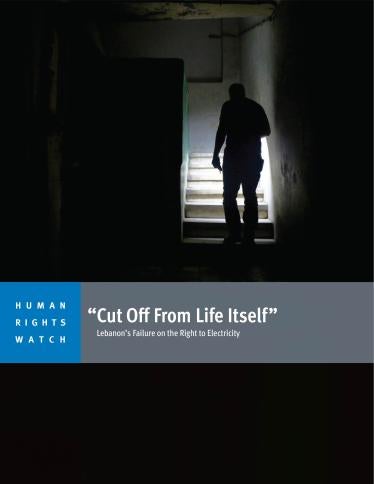“I Learned How to Say No”
Labor Abuses & Sexual Exploitation in Colombian Webcam Studios
The 175-page report, “‘I Learned How to Say No’: Labor Abuses & Sexual Exploitation in Colombian Webcam Studios,” exposes working conditions in webcam studios in Bogotá, Cali, Medellín, and Palmira, where models record content that is broadcasted by adult platforms and streamed around the world. Webcamming is a global industry in which studies estimate that platforms keep between 50 and 65 percent of what viewers pay. People interviewed said that studios retain as much as 70 percent of what is paid out by the platform, reducing the pay of workers. Adult webcam platforms based in the United States and Europe should immediately address labor abuses and sexual exploitation in Colombian webcam studios.


